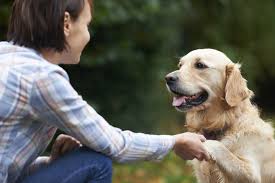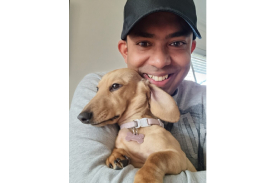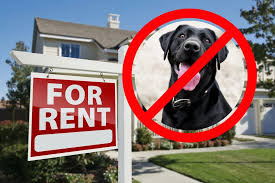Local Business Awards 2024 Winner Pet Stays – A Night to Remember at the Local Business Awards! 🏆✨
Local Business Awards 2024 Winner Pet Stays🏆✨To our incredible well-wishers, supporters, and loyal customers, we are beyond grateful! Last night, at the prestigious Local Business Awards 2024 https://thebusinessawards.com.au/ held at the stunning Langham Hotel Melbourne https://www.langhamhotels.com/en/the-langham/melbourne/, we were honored to be surrounded by extraordinary business owners, dignitaries, and visionaries. It was an unforgettable evening filled with inspiration, growth, and celebration.
After some fantastic networking and soaking in the atmosphere, we are thrilled to announce that Pet Stays was awarded the title of Best Pet Care Business 2024 (North-West) Melbourne! 🎉🥇 This win is the culmination of nine years of hard work, passion, dedication, and love for what we do.
Local Business Awards 2024 Winner Pet Stays🏆✨
This award wouldn’t have been possible without YOU—our amazing customers and supporters who believe in us and the care we provide for your furry family members. Your trust and encouragement have driven us through the blood, sweat, and tears, and this award is as much yours as it is ours. 💖
We’re humbled and incredibly proud to bring this home, and we hope you’ll continue to support us as we keep growing.
And let’s not forget Bark with Buster—we are just getting started! With your continued support, we know even bigger and better things are on the horizon. Maybe 2025 will be our year to shine at the awards too! 🌟
Thank you once again from the bottom of our hearts. We couldn’t do it without you! 🐾
With love and gratitude,
The Pet Stays & Bark with Buster Teams 💙




